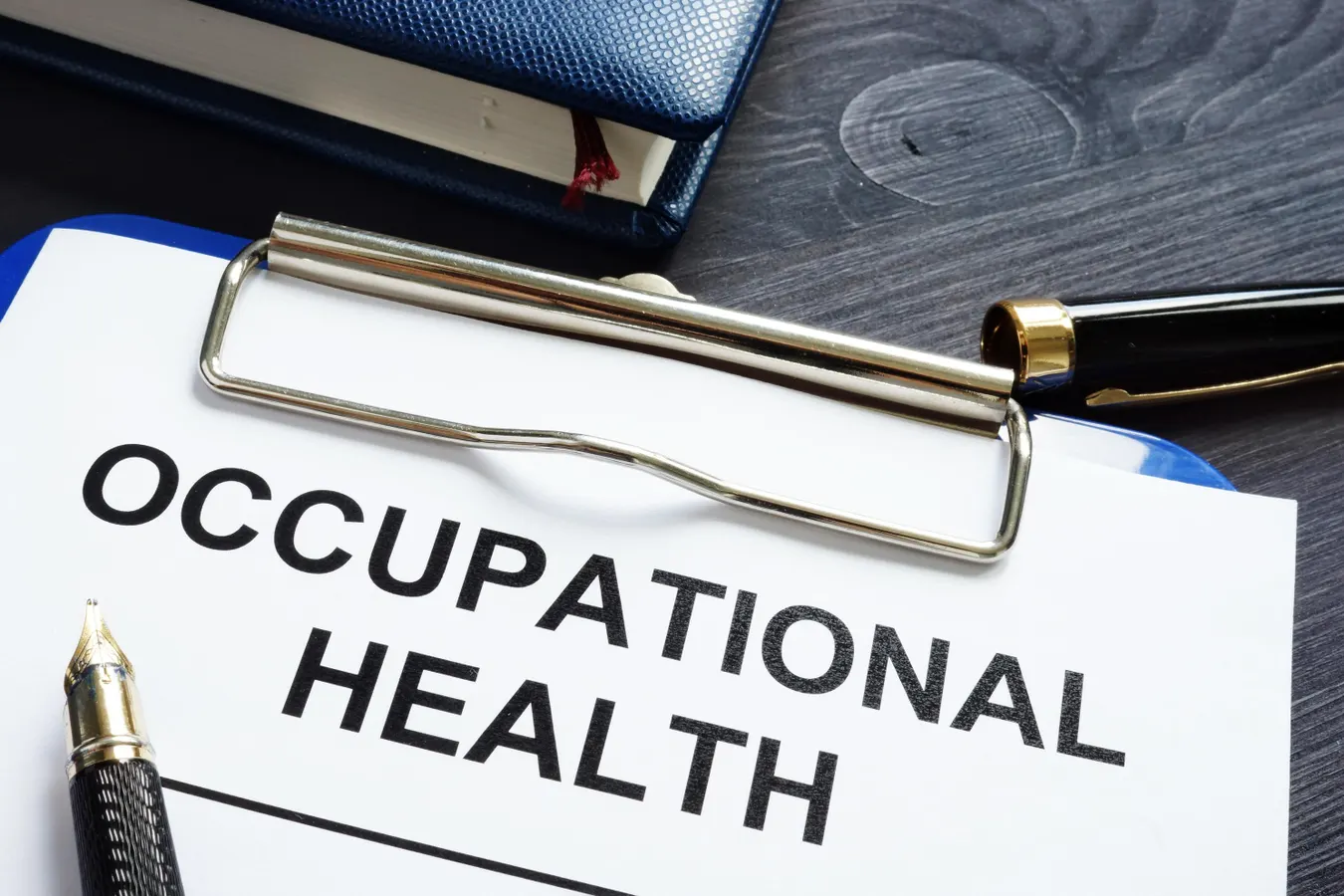Copyright Forbes

Disability-related welfare claims have soared across the UK from 2 million people in 2019 to 2.9 million people in 2024. The rise is disproportionately comprised of people citing mental ill health and neurodivergence. Supporting neurodivergent people to avoid falling out of the workplace in the first place and then routes to reintegration are essential for the nation’s health as well as the life chances of individuals involved. Mayfield’s vanguard framework emphasises shared responsibility between employees, employers, and health services. This is against a backdrop where our health services focus only on diagnosis of Autism and ADHD, as separate pathways despite evidence that overlaps with dyslexia, dyspraxia, dyscalculia, tic disorders and / or mental health conditions is more common than one distinct condition. Diagnosis waiting lists are escalating and, furthermore, the diagnosis itself cannot predict workplace needs. However, knowledge of how to support neurodivergent people at work has increased sharply in the past five years, and we can embed this at an earlier intervention point. We need to ensure that managers are well resourced and have appropriate escalation points, and currently managers lack confidence. Invest In Manager Competence The Society of Occupational Medicine (SOM)’s polling revealed that the perceived top factors in employee health were Work-life balance (90%), a competent line manager (75%), and a supportive workplace culture (74%). In reaction to the Sir Charlie Mayfield Review, Petra Wilton, Director of Policy at the Chartered Management Institute, said: “Sir Charlie Mayfield is right that fear, risk aversion and a lack of support for managers are driving up economic inactivity and costing the country billions in lost potential. Line managers are the people best placed to prevent that by spotting problems early, making adjustments, and helping people to be productive through staying in work. Ultimately, this Review will live or die on whether employers and managers recognise their central responsibility in getting people back into work. They’re the ones who decide whether flexible hours, home working, or adjusted duties mean a new start or another name on a DWP spreadsheet. But too many managers are unprepared to take those necessary steps. We found that while 97% of managers say they should be trained to support staff back to work, only one in three receive that training.” MORE FOR YOU Cascade training from specialists into human resources, senior management will be necessary to create the supportive workplace cultures required for neuroinclusive practice and needs-led (rather than diagnosis-led) implementation of support. Businesses can do more in house, can create more human-centred environments and this will prevent neurodivergent people from needing to leave the workplace to recover from sensory or relational burnout. Employers Can Act, Rather Than React Occupational Health, and involvement from specialist nurses, psychologists, therapists and physicians can be a resource for managers and human resources professionals eager to retain neurodivergent staff. The Society of Occupational Medicine (SOM) supports Mayfield’s call to shift from a “reactive culture”, where HR avoids contacting staff on long-term sick leave, to active engagement to rehumanise the workplace. They report: “Occupational health input will be critical for effective implementation. Occupational health professionals are ideally placed to train and guide non-clinical WHP professionals and managers, facilitate employers’ engagement in workplace health initiatives, ensure appropriate adjustments for all employees, and to help improve mental and physical health. With this support, workplaces can maintain productivity, reduce and shorten absences, helping employees return even with health challenges.” Occupational health support and early intervention have shown effectiveness at reducing absenteeism and delivered substantial benefits in contexts such as muscular skeletal health (MSK). The same refinement and specialism is now developed for neurodivergence and we can act preventatively, before expensive clinical assessments are needed. A first line occupational health response for MSK would never be a full assessment with an orthopaedic surgeon, yet we are stuck in the habit of starting neurodivergence support with diagnosis, to replace NHS services, even when the interventions that attain retention are typically free or cheap. The needs-led model for neurodivergence is paramount if we are to maintain a control on costs and efficiency, reserving more medical interventions for those with the most complex needs. Public Private Proactivity Whilst the government report has advice for employers, it must also play its part. Employers can indeed rehumanise the workplace, but there is a lack of investment in preventative medicine concerning the chronic conditions that plague neurodivergent people (such as hypermobility, inflammatory conditions, chronic fatigue, long covid, dysautonomia). These symptoms can make the difference between working and not working, yet these are overlooked in general practice. Given the rise in these symptoms post-pandemic, it is perfectly plausible that they explain some of the rise in worklessness, not solely the neurodivergence itself. Occupational health currently has nowhere to signpost people who could benefit from basic treatment in anti-inflammatory medicines or physiotherapy. The NHS is not sufficiently resourced to explore the link between post-covid rises in inflammatory markers, mental health and brain fog, everything blamed on increased neurodivergence. But neurodivergent people didn’t suddenly arrive since the pandemic, we have been in the gene pool forever, only now are so many of us too unwell to work. This is an opportunity for connected occupational health where psychologists and physicians could collaborate, bringing a holistic view to physical and cognitive health if only we had a better public health safety net with which to interact. We look at government investment in infrastructure to drive national productivity, but clearly we also need government investment in social and health services. People are not choosing a life of welfare dependency, they are forced into this corner because of a chronic lack of services which broker the relationship between physical, mental, emotional and social health. Government policy which focuses on ensuring baseline services are functional and connected to occupational health practice could drive success for UK employees and employers alike. Our people are our growth strategy. Occupational Specialisms Play An Essential Role Professor Neil Greenberg, President of SOM, said: “Too many employees leave jobs unnecessarily as their employers do not have access to expert work and health advice. It is now incredibly clear that investing in employee health is not just a moral imperative, it is an economic necessity. Without such investment, companies will suffer from decreased productivity, high levels of sickness absence and will unnecessarily lose experienced staff. “SOM considers that it is vital that the Mayfield’s recommendations are turned into practical actions in order to create workplaces where employees with health complaints remain productive. Making better use of occupational health professionals is critical to the successful implementation of the Mayfield recommendations. Helping people remain in, or return to, good work is a win-win-win situation for employers, employees and for the nation.” SOM members have been at the front line of employment retention for years, frequently only invited when it is too late, when relationships are ruptured and stress levels insurmountable. Mayfield’s report, which centres this professional specialism, provides core advice for employers at this pivotal point. Seek advice on prevention, intervene early and avoid the escalating costs of absence and turnover.



